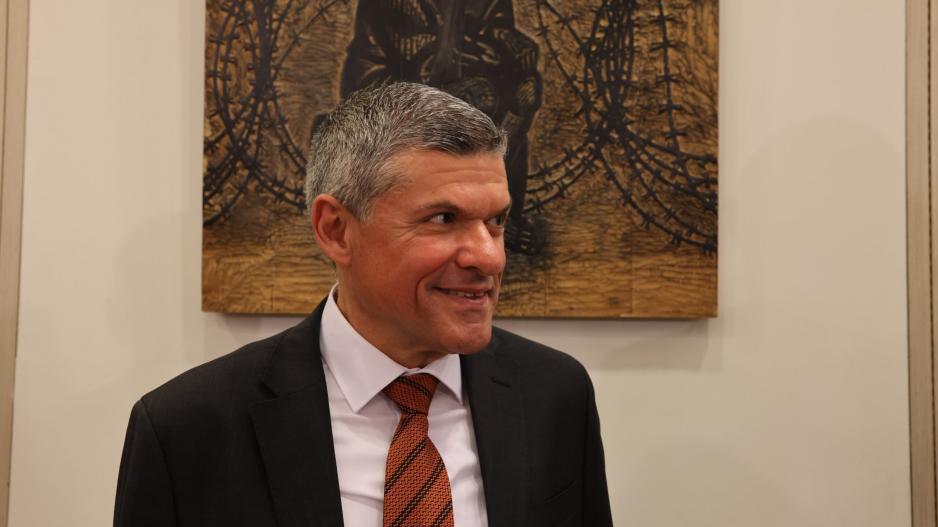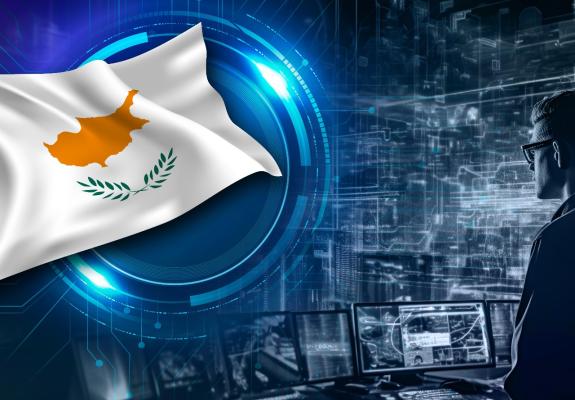Eastern Mediterranean Business Summit Discusses Key Energy Projects
Papanastasiou Highlighted Business Opportunities in Cyprus and Greece
The Great Sea Interconnector, an undersea cable project connecting the electricity grids of Cyprus, Greece, and Israel, is a "challenging project of common interests" that, thanks to technology, is now feasible, stated Minister of Energy, Trade, and Industry Giorgos Papanastasiou.
Addressing the Economist's 5th Eastern Mediterranean Business Summit in New York on Friday, Papanastasiou highlighted business opportunities in Cyprus and Greece. He presented Cyprus' competitive advantages as an international business center, including investment prospects in sectors like information and communication technologies, shipping, renewable energy sources, and biotechnology.
"Cyprus is a reliable center for entrepreneurship. It has remained stable over the years and provides an environment where investors feel comfortable. You can find services and legal professionals here. Our legal system is close to English law, which is well-trusted worldwide," said the Minister.
Papanastasiou, speaking alongside Greek Minister of Development Costas Skrekas, praised Greece for its "best practices for exiting the economic crisis." He presented Cyprus' energy strategy maps and the country's efforts to create an Energy Corridor from the Eastern Mediterranean to Europe.
He explained the importance of the 'Great Sea Interconnector,' which will connect Israel, Cyprus, and Greece via Crete. "Crete will be the 'operational cable,' the connecting link with Attica in 2025. The distance between Cyprus and Crete is 879 km, with depths reaching up to 3,000 km. This is a challenging project of common interests, made possible by technology," Papanastasiou said.
On the conference sidelines, Cyprus' Energy Minister met with US Deputy Secretary of State for Energy, Jeffrey Pyatt, to discuss the progress of the "Great Sea Interconnector" project. They agreed this project would allow Cyprus to develop into a major energy hub in the Mediterranean.
"I would like to highlight the importance of the Eastern Mediterranean region, especially for ensuring Europe's energy security," Deputy Secretary Pyatt remarked during his address at the same event. He noted that the "3+1" format—consisting of Cyprus, Greece, Israel, and the US—is something he helped set up while serving as ambassador in Athens, and the Biden administration continues to support it.
Pyatt mentioned that Europe must find ways to become independent of Russian gas. "I have heard many promises about Cyprus' natural resource development, and now is the time to make it happen," he added. He also recalled the conflict in Greece during the summer of 2020 due to Turkey's drilling activities and emphasized that energy should be a path of cooperation, not confrontation.






